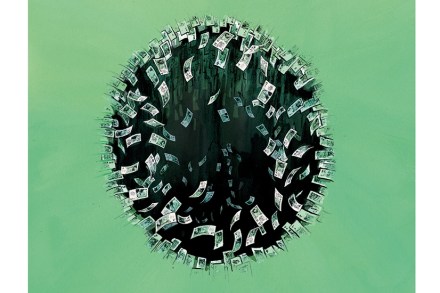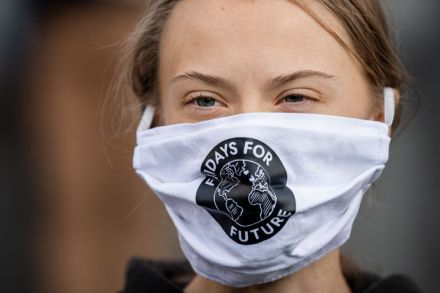The cold hard truth about heat pumps
When I went to Poland not long before Covid, I found a country more bitterly divided by a culture war even than we are. So I would not rule out EU leaders being right that the current government there has intruded on the independence of the judiciary for its own political ends. This is the background to recent Brussels fury that the Polish Constitutional Tribunal (supreme court) asserted the primacy of Polish law over that of the EU earlier this month. The problem never arises in the EU, of course, because there the European Court of Justice has never had an independent judiciary to be tampered with. It has aways



















